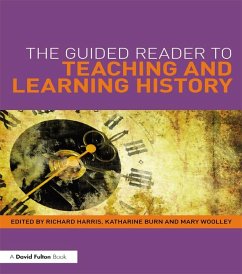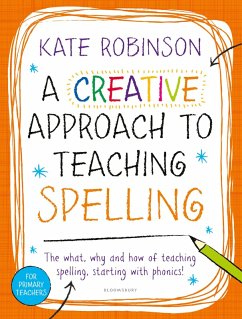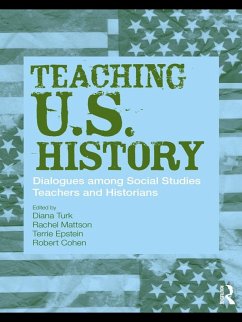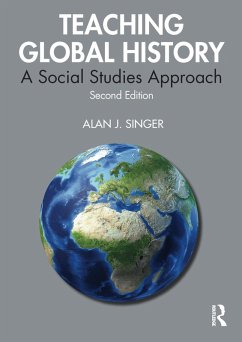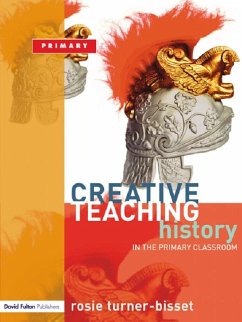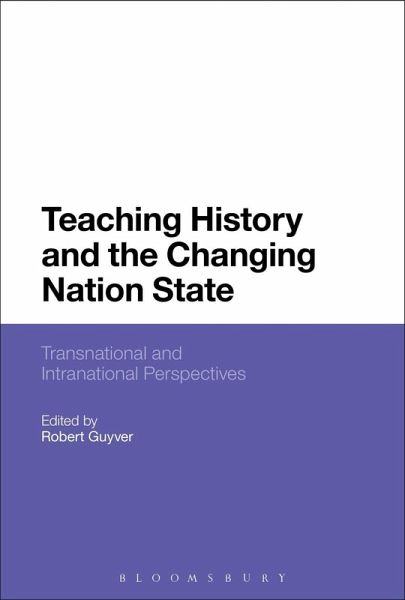
Teaching History and the Changing Nation State (eBook, ePUB)
Transnational and Intranational Perspectives
Redaktion: Guyver, Robert
Versandkostenfrei!
Sofort per Download lieferbar
31,95 €
inkl. MwSt.
Weitere Ausgaben:

PAYBACK Punkte
16 °P sammeln!
Capitalizing on the current movement in history education to nurture a set of shared methodologies and perspectives, this text looks to break down some of the obstacles to transnational understanding in history, focusing on pedagogy to embed democratic principles of inclusion, inquiry, multiple interpretations and freedom of expression. Four themes which are influencing the broadening of history education to a globalized community of practice run throughout Teaching History and the Changing Nation State: · pedagogy, democracy and dialogue · the nation - politics and transnational dimensions ...
Capitalizing on the current movement in history education to nurture a set of shared methodologies and perspectives, this text looks to break down some of the obstacles to transnational understanding in history, focusing on pedagogy to embed democratic principles of inclusion, inquiry, multiple interpretations and freedom of expression. Four themes which are influencing the broadening of history education to a globalized community of practice run throughout Teaching History and the Changing Nation State: · pedagogy, democracy and dialogue · the nation - politics and transnational dimensions · landmarks with questions · shared histories, shared commemorations and re-evaluating past denials The contributors use the same pedagogical language in a global debate about history teaching and learning to break down barriers to search for shared histories and mutual understanding. They explore contemporary topics, including The Gallipoli Campaign in World War I, transformative approaches to a school history curriculum and the nature of federation.








